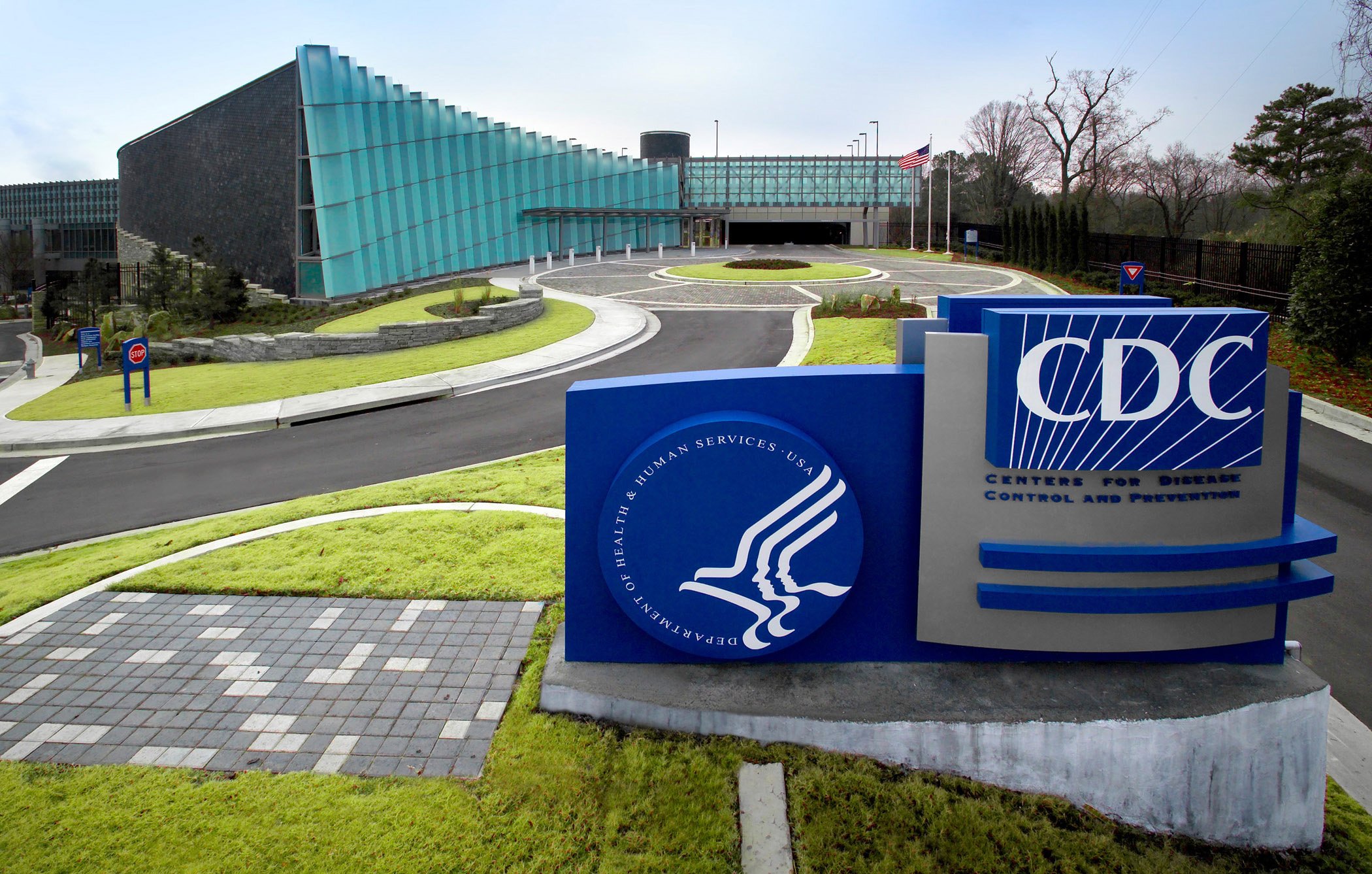The Ebola virus is craftier and more persistent than had been thought, a new study has found, adding a fresh layer of worry over how to eradicate the virus and mitigate the threat.
A new study by the World Health Organization has found that the disappearance of Ebola symptoms does not mean the virus is gone. Far from it.
Instead, the preliminary study discovered that the virus can still be found in the semen of survivors for at least nine months after the onset of symptoms.
The study only adds to concerns about the persistence of the virus, and its potential to be transmitted, in people previously thought to have been cured.
Those thought cured can still carry virus
It follows news that a nurse, Pauline Cafferkey, who was discharged from a London hospital about nine months ago, seemingly cured of Ebola, is now critically ill.
And it follows, as well, a report earlier this year that an American doctor named Ian Crozier, who was declared free of the virus in his blood, was found to have it still lurking in his eye.
The WHO report, published in the New England Journal of Medicine, provides the first results of a long-term study being jointly conducted by the Sierra Leone Ministry of Health and Sanitation, Sierra Leone Ministry of Defence, the World Health Organization and the U.S. Centers for Disease Control and Prevention.
“Sierra Leone is committed to getting to zero cases and to taking care of our survivors, and part of that effort includes understanding how survivors may be affected after their initial recovery,” said Dr. Amara Jambai, deputy chief medical officer for the Sierra Leone Ministry of Health and Sanitation.
The first phase of the study focused on testing for the virus in semen because past research showed that the virus may persist there.
Ebola survivors face increasing number of health complications
“These results come at a critically important time, reminding us that while Ebola case numbers continue to plummet, Ebola survivors and their families continue to struggle with the effects of the disease,” said Bruce Aylward, WHO Director-General’s Special Representative on the Ebola Response.
“This study provides further evidence that survivors need continued, substantial support for the next six to 12 months to meet these challenges and to ensure their partners are not exposed to potential virus,” Aylward said.
In the study, 93 men over the age of 18 from Freetown, Sierra Leone, provided semen samples that were tested to detect the presence of Ebola virus genetic material.
The men were enrolled in the study between two and 10 months after their illness began.
Of the men who were tested in the first three months after their illness began, all tested positive. More than half of men who were tested between four to six months after their illness began were positive, while one quarter of those tested between seven to nine months after their illness began also tested positive.
The men were given their test results along with counseling and condoms.
The U.S. Centers for Disease Control and Prevention in Atlanta is conducting further tests of the samples to determine if the virus is live and potentially infectious.
“Ebola survivors face an increasing number of recognized health complications,” said CDC Director Tom Frieden, M.D., M.P.H. “This study provides important new information about the persistence of Ebola virus in semen and helps us make recommendations to survivors and their loved ones to help them stay healthy.”



